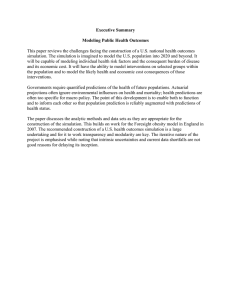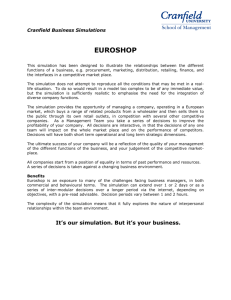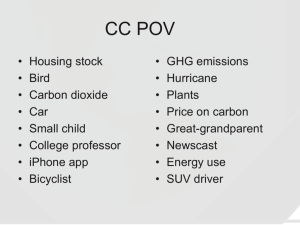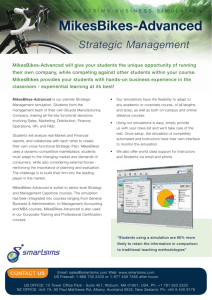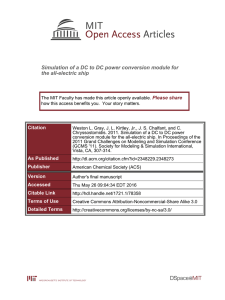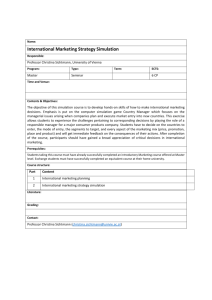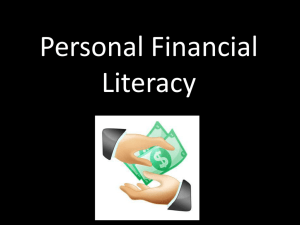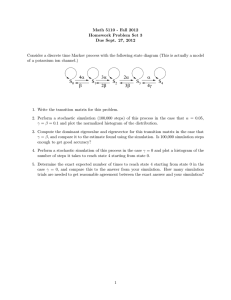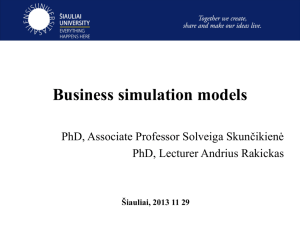International Marketing Strategy and Simulation Game
advertisement
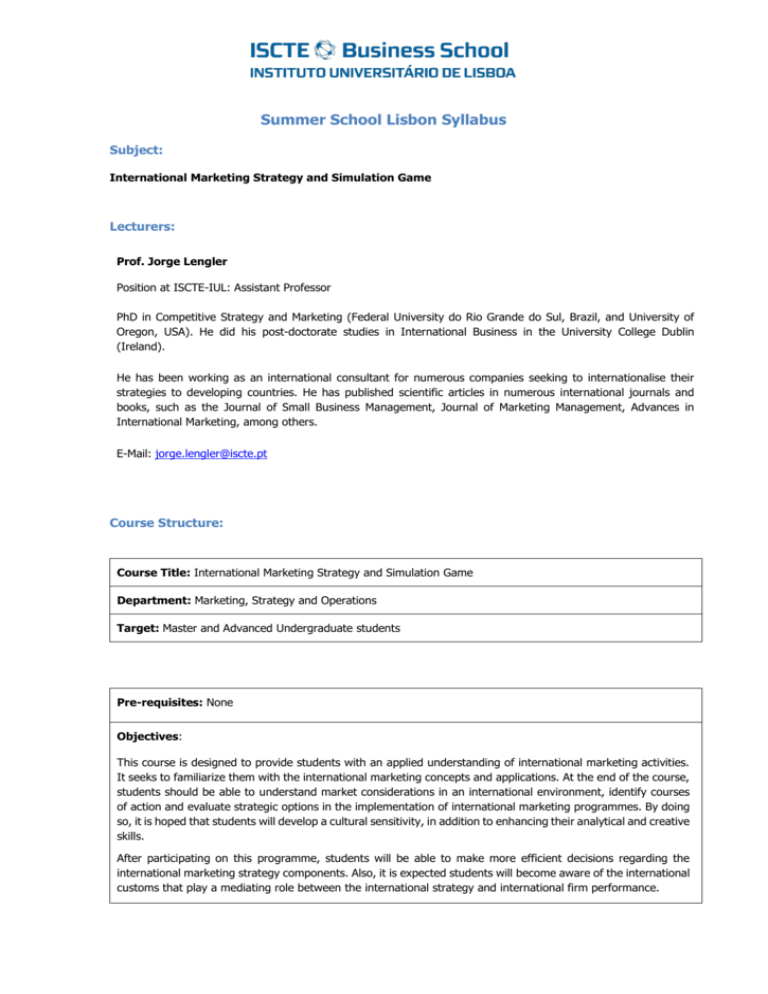
Summer School Lisbon Syllabus Subject: International Marketing Strategy and Simulation Game Lecturers: Prof. Jorge Lengler Position at ISCTE-IUL: Assistant Professor PhD in Competitive Strategy and Marketing (Federal University do Rio Grande do Sul, Brazil, and University of Oregon, USA). He did his post-doctorate studies in International Business in the University College Dublin (Ireland). He has been working as an international consultant for numerous companies seeking to internationalise their strategies to developing countries. He has published scientific articles in numerous international journals and books, such as the Journal of Small Business Management, Journal of Marketing Management, Advances in International Marketing, among others. E-Mail: jorge.lengler@iscte.pt Course Structure: Course Title: International Marketing Strategy and Simulation Game Department: Marketing, Strategy and Operations Target: Master and Advanced Undergraduate students Pre-requisites: None Objectives: This course is designed to provide students with an applied understanding of international marketing activities. It seeks to familiarize them with the international marketing concepts and applications. At the end of the course, students should be able to understand market considerations in an international environment, identify courses of action and evaluate strategic options in the implementation of international marketing programmes. By doing so, it is hoped that students will develop a cultural sensitivity, in addition to enhancing their analytical and creative skills. After participating on this programme, students will be able to make more efficient decisions regarding the international marketing strategy components. Also, it is expected students will become aware of the international customs that play a mediating role between the international strategy and international firm performance. Programme: 1. The Scope and Challenge of International Marketing 2. The Dynamics of International Business 3. Cultural Dynamics in International Marketing 4. Business Customs and Practices in International Marketing 5. The International Political and Legal Environment 6. International Marketing Strategies 7. International Market Entry Strategies 8. Exporting, Managing and Logistics 9. Developing Consumer Products for International Markets 10. The International Distribution System 11. International Advertising and Promotion 12. Pricing for International Markets Assessment: Class participation (individual) = 20% Case study preparation (group) = 30% Simulation decision making process presentation and report (group) = 50% Teaching Method: This programme is structured around a series of lectures, class debate, case studies and, an international marketing simulation. Class participation is an essential component of the design of this course. All students will be expected to engage in class discussion and debate in order to facilitate the formation of their critical judgments. The international marketing simulation will be carried out during the course and student groups will be led to make international decisions regarding entry strategies, market analysis, product, pricing, distribution and communication decisions. Groups will make decisions every class and will be coordinated by the lecturer. Simulations allow students to learn from their own experience, to experiment with different strategies, and to live with their decisions over the long run. References: Country Manager Instructions Manual. Interpretive Software: www.interpretive.com Ghauri, P. & Cateora, P. (2011). International Marketing. 3rd Ed. London: McGraw Hill.

